So, let’s get to the point!
Did you know, an average half-cup serving of asparagus provides:
Did you know, an average half-cup serving of asparagus provides:
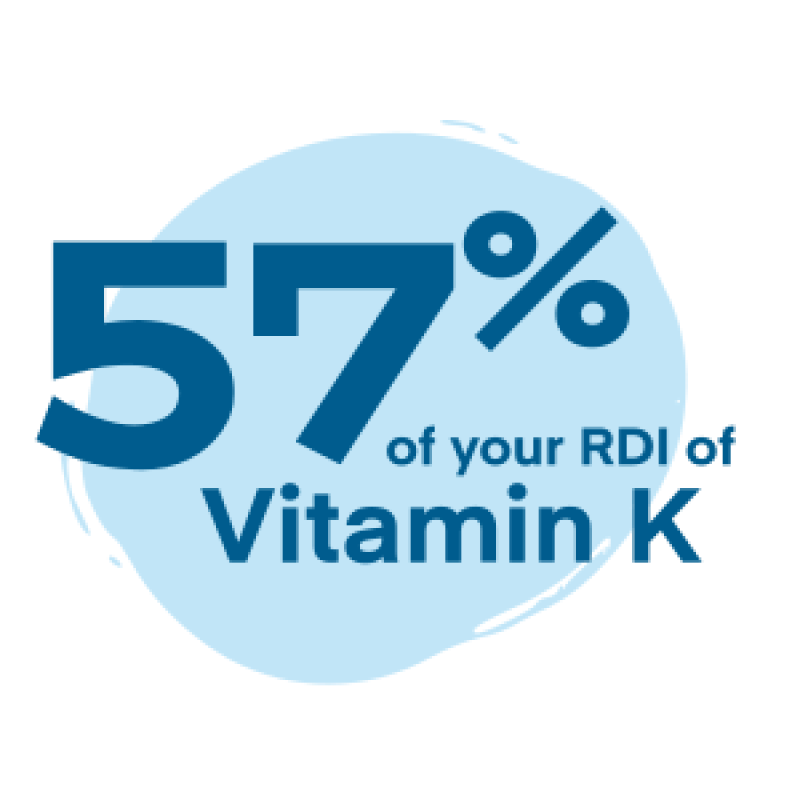
Vitamin K is an essential nutrient linked to blood clotting and bone health. Many of its important functions are well known, with new discoveries being made every day. Recent research has shown Vitamin K to be cancer-fighting, bone-building and insulin-boosting. (1)
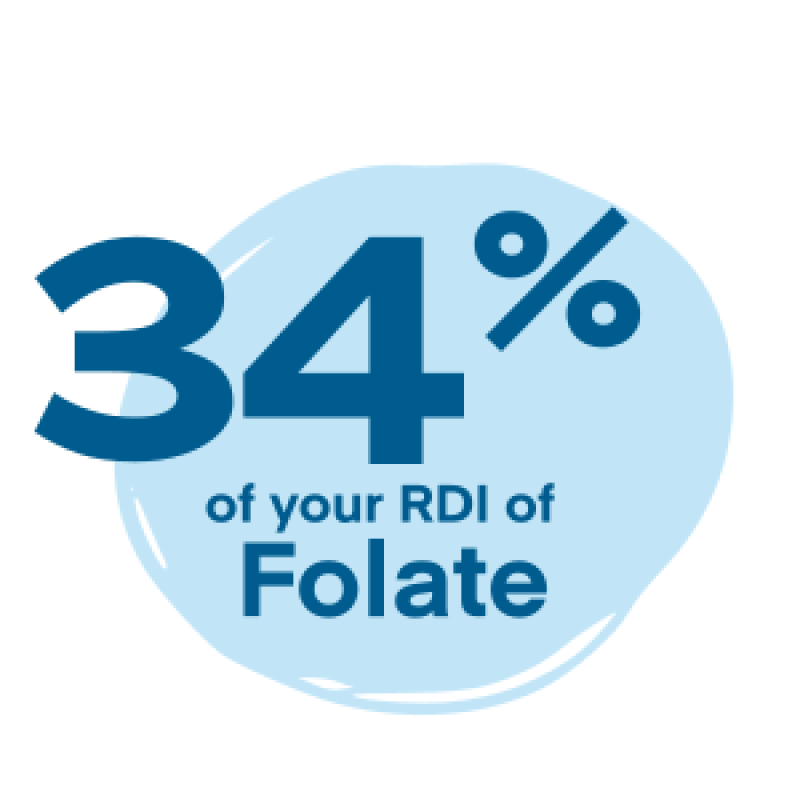
Folate (also known as Vitamin B9) is important in red blood cell formation, cell growth and function. The nutrient is crucial during early pregnancy to reduce the risk of birth defects. Some research even suggests that folate could reduce the risk of various cancers. (2)
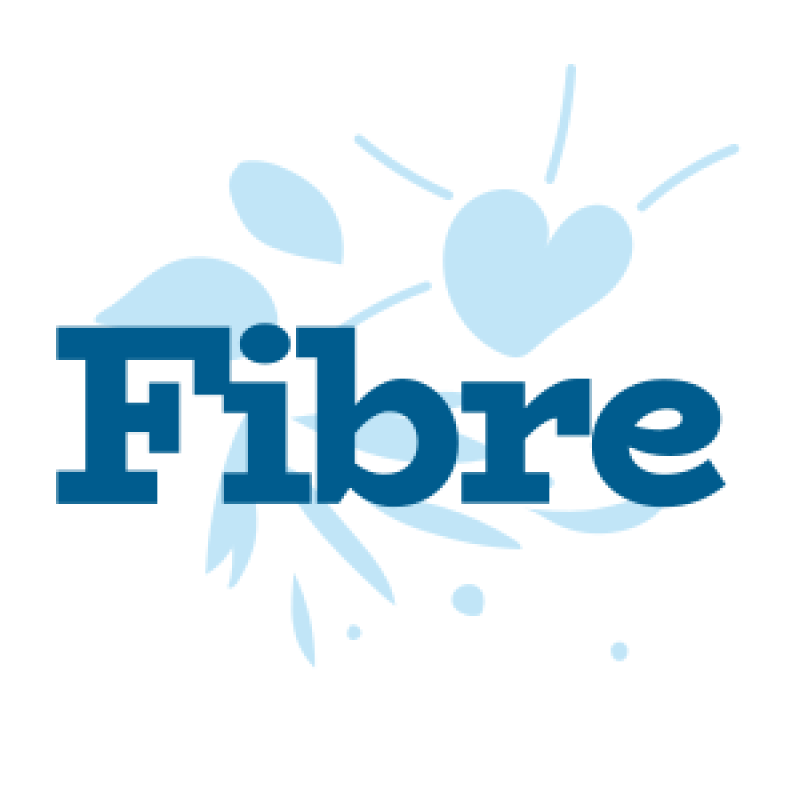
A diet rich in Fibre is crucial to digestive health. Insoluble fibre, the kind found in asparagus, helps support our “good” gut bacteria while adding plenty of bulk, which… how shall we say this?… keeps things moving! (3)

Antioxidants are a group of molecules found to have blood pressure-lowering, anti-inflammatory, antiviral and anticancer effects. Asparagus is a good source of antioxidants, including: vitamins C and E, flavonoids and polyphenols. (4)
For maximum benefits, why not mix up your meal routine and experiment with both cooked and raw recipes? Both options add fibre, antioxidants, and essential nutrients to your diet.
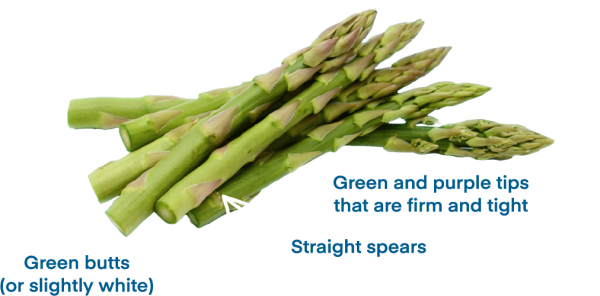
When shopping for asparagus, always look for firm green stems with cleanly-trimmed ends and a minimum of white butt.
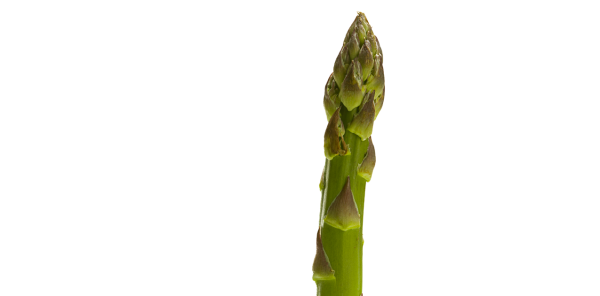
Listen up! You can tell if asparagus is fresh by giving it a gentle rub – it should squeak!

When attending a luncheon at the palace, proper etiquette is to eat the asparagus (or pointes d’amour) with your hands rather than a fork!

